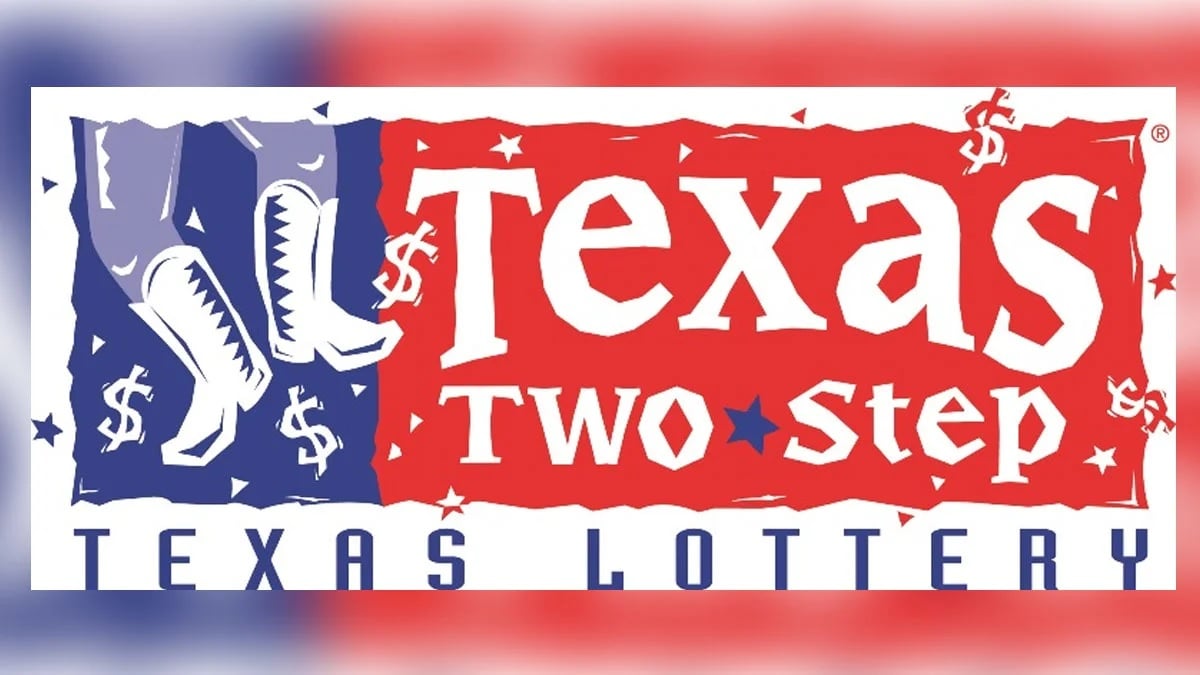Texas Lottery Claims It Owns ‘Texas Two Step’ Trademark, Sues Vodka Brand
The Texas Lottery Commission is two-stepping a vodka distillery to court. That s because it claims the copyright of the aforementioned is property of the state.
 The Texas Lottery has run its popular Texas Two Step draw since 2001. But can a lottery product really be confused with a drink? And what do any of these things have to do with line dancing? (Image: Texas Lottery Commission)
The Texas Lottery has run its popular Texas Two Step draw since 2001. But can a lottery product really be confused with a drink? And what do any of these things have to do with line dancing? (Image: Texas Lottery Commission)Ali Ansari owns a “craft” vodka distillery outside . He decided to call his signature brand of vodka “Texas Two Step” after the much-loved dance and filed to trademark it with the US Patent and Trademark Office. The application was accepted.
The only problem was the Texas Lottery has offered a $1 draw ticket called “Texas Two Step” since 2001. And it believes Ansari is two-stepping on its toes.
The lottery owns the patent for the mark for gambling products. But it argues the vodka brand will cause confusion among consumers and damage its reputation by association.
Texas Hold’em PolkaIn April, the Patent Office s Trademark Trial and Appeal Board (TTAB) determined that the two brands could happily co-exist without causing undue confusion. Now, the lottery commission is asking a US District Court in Austin to reverse that decision.
“Plaintiff has enormous goodwill in its ‘Texas Two Step’ mark,” claims the commission in its lawsuit. “As a state agency, Plaintiff must exercise caution in the advertising of its goods or services in order to protect the goodwill in the mark or make sure that the trust and confidence that the public has in Plaintiff and in its goods and services is not undermined.”
If Texas Two Step Vodka is allowed to proceed to registration, the Lottery argues, it is likely to “cause confusion, or to cause mistake, or to deceive as to the affiliation, connection, or association of Defendant or Defendant’s products with Plaintiff or Plaintiff’s products or services, and/or as to the origin, sponsorship, or approval of Defendant’s commercial activities.”
The Lottery says the association of its product with alcoholic beverages could “adversely impact” and “dilute” its brand. This could cause “irreparable damage,” including loss of revenue and sales and “tarnish Plaintiff’s mark and the goodwill therein in the minds of consumers.”
Who’s Tarnishing Whom?But Ansari told The Houston Chronicle this week that the idea his distillery could taint the name of a gambling operation was ridiculous.
Our argument was, you’re in the gambling business, which mostly is illegal in Texas,” he said. “And we’re in the legal distilled spirits business. So, who’s tarnishing who?”
His lawyer, Steve Abbot, put it just as succinctly: “I have Delta faucets in my home. But I don’t get confused when I buy a Delta airline ticket,” he said.







